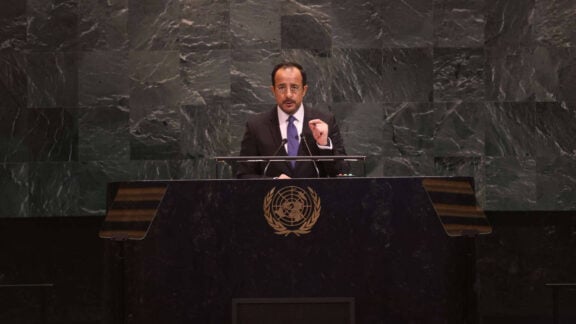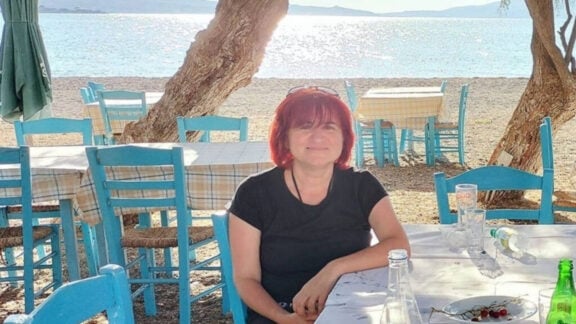A Greek delegation is set to travel to Egypt on Monday following a court ruling that has cast doubt on the status of Saint Catherine’s Greek Orthodox Monastery on Mount Sinai which dates from 337 AD. The monastery in the Sinai desert, is another reflection of the longstanding Hellenic presence in Egypt and Africa – which stretches back to antiquity.
The late antiquity monastery precedes the Arab conquest of Egypt occurred between 639 and 642 AD, over 300 years.
The ruling, delivered last week by an Egyptian court, declared that the land on which the ancient Christian site stands is state-owned. Although the court recognised the monastery’s right to continue using the property and nearby religious sites, it concluded that the area is public property belonging to the state.
With growing political Islamisation there is fear that Egypt’s ancient, Greek and Copt cultures will be totally eradicated.
The decision has prompted concern among Greek and Christian leaders, who argue that it could threaten the monastery’s long-standing Greek Orthodox identity and its significance as a pilgrimage destination.
Speaking to ERT News on Sunday, Greek government spokesperson Pavlos Marinakis confirmed the visit, stressing that Athens remains firmly committed to preserving the “Greek Orthodox and pilgrimage character of the Holy Monastery of St. Catherine.”
The dispute comes at a time when Egypt is advancing plans to transform the broader Mount Sinai region into a major tourism destination, highlighting its religious and adventure tourism potential.







